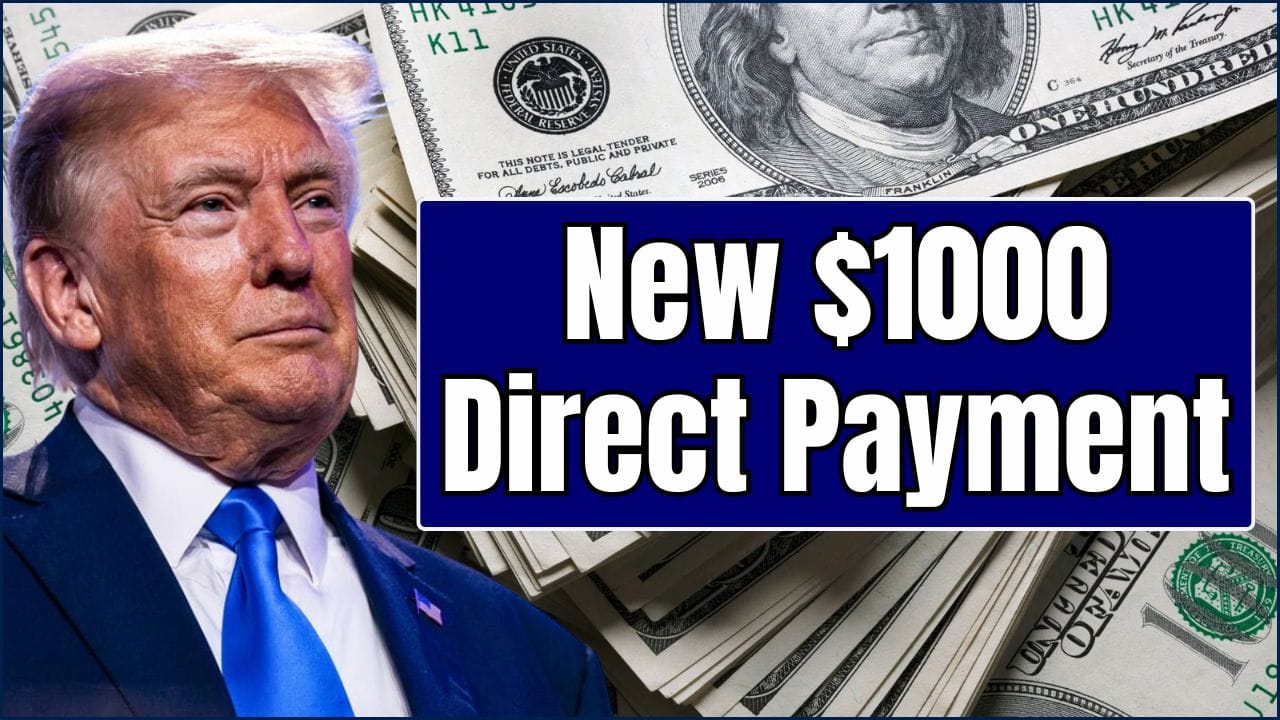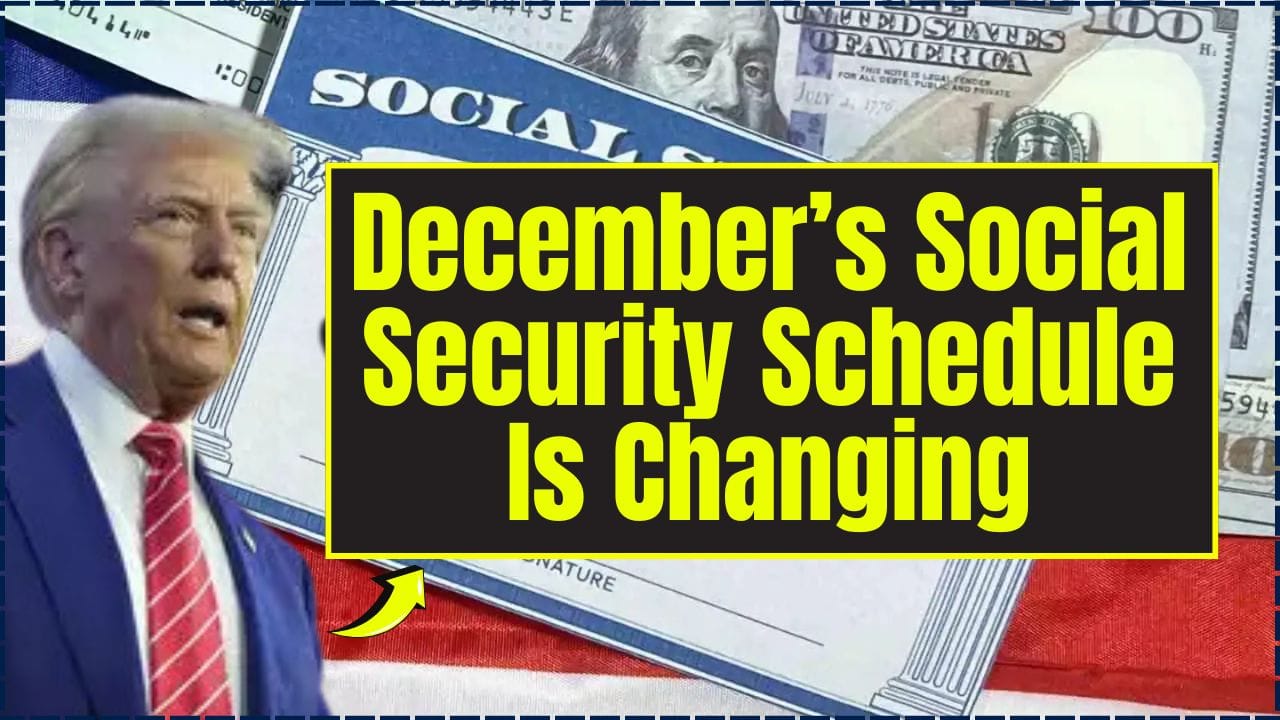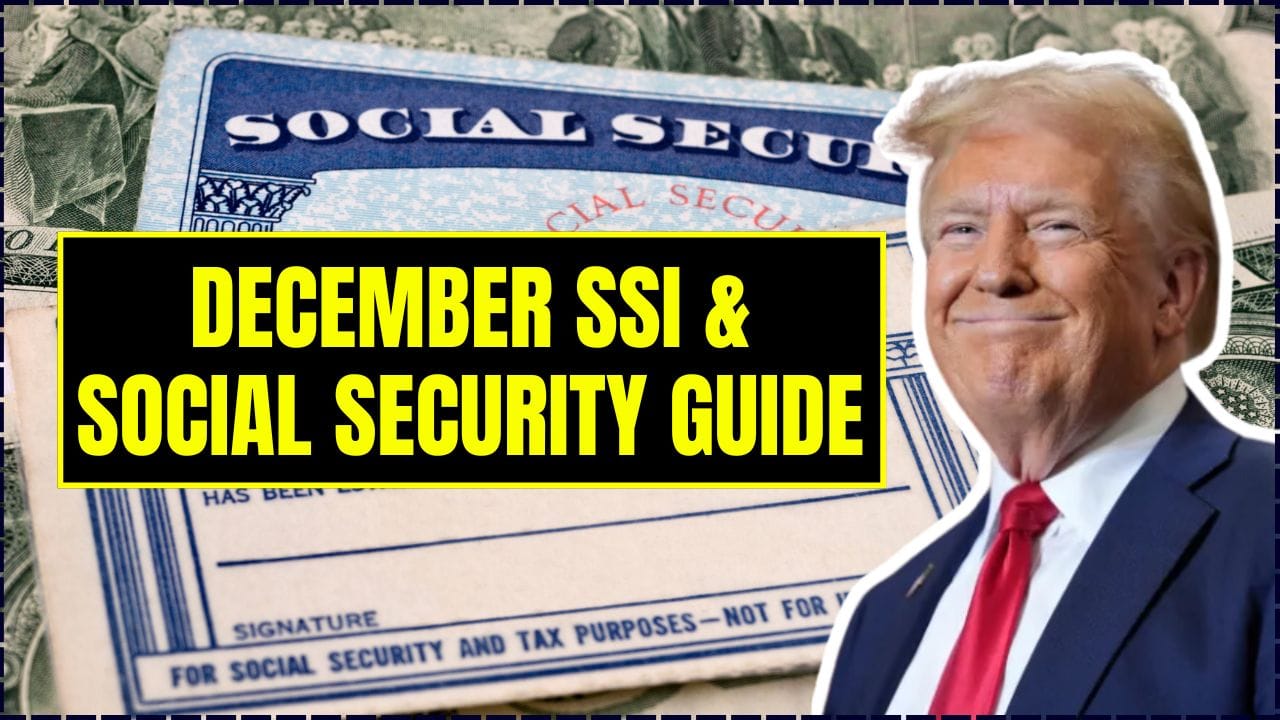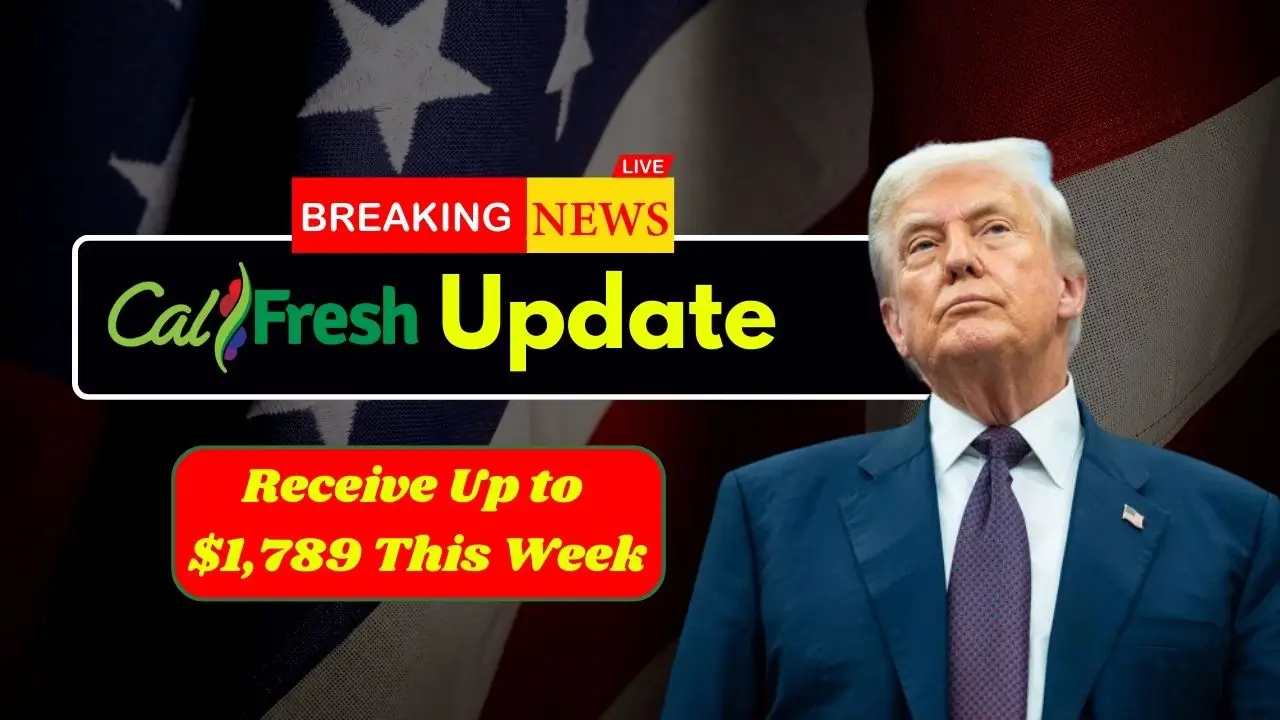The world of international travel and visa policies can feel like a constantly shifting landscape. For anyone looking to visit, work, or study in the United States, staying informed is not just a good idea—it’s essential. A significant change that has captured attention is the new USA visa restrictions for censoring Americans, which went into effect in June 2025. This policy targets foreign officials and individuals who are deemed responsible for censoring or suppressing the protected expression of U.S. citizens on digital platforms.
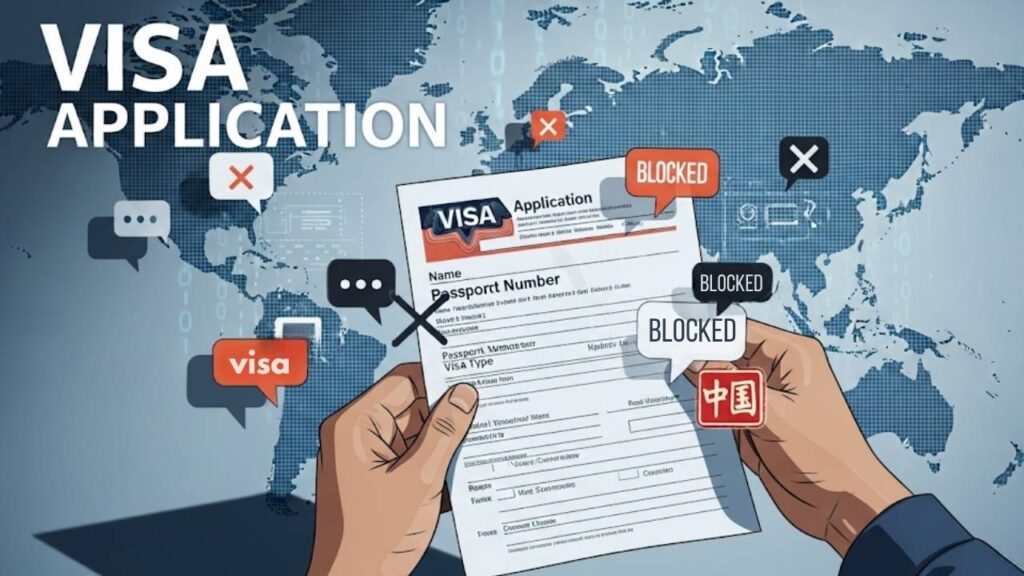
Understanding this new policy is crucial, as it marks a notable shift in how the U.S. government views the intersection of foreign policy and the protection of free speech. While the policy is primarily aimed at foreign government officials, it’s important for anyone involved in international affairs, technology, or public policy to be aware of its implications. This guide will help you understand the policy, who it affects, and how you can successfully navigate this new environment with confidence and clarity.
What Exactly Is the New Policy?
In May 2025, the U.S. Secretary of State announced a new visa restriction policy, which was later formalized and implemented in June. This policy, issued under the authority of the Immigration and Nationality Act, allows the Secretary of State to deem foreign nationals inadmissible to the United States if their entry “would have potentially serious adverse foreign policy consequences for the United States” ( Official U.S. Embassy in Chile announcement on the policy). The policy specifically applies to individuals who are considered responsible for censoring or undermining the protected expression of American citizens on a global scale.
In my experience advising clients on international policy changes, it’s policies like this that can cause a lot of uncertainty. The language is broad, and that can make it challenging to know where the line is. The core idea, however, is clear: the U.S. government views the censorship of its citizens’ speech by foreign actors as a serious threat to American sovereignty and fundamental rights.
The new policy is not a blanket ban but a targeted measure. It focuses on individuals, not entire nationalities, and aims to hold specific foreign officials accountable for their actions. This could include, for example, officials who have issued or threatened arrest warrants for U.S. citizens over social media posts, or those who have demanded that American tech companies adopt content moderation policies that reach into the United States.
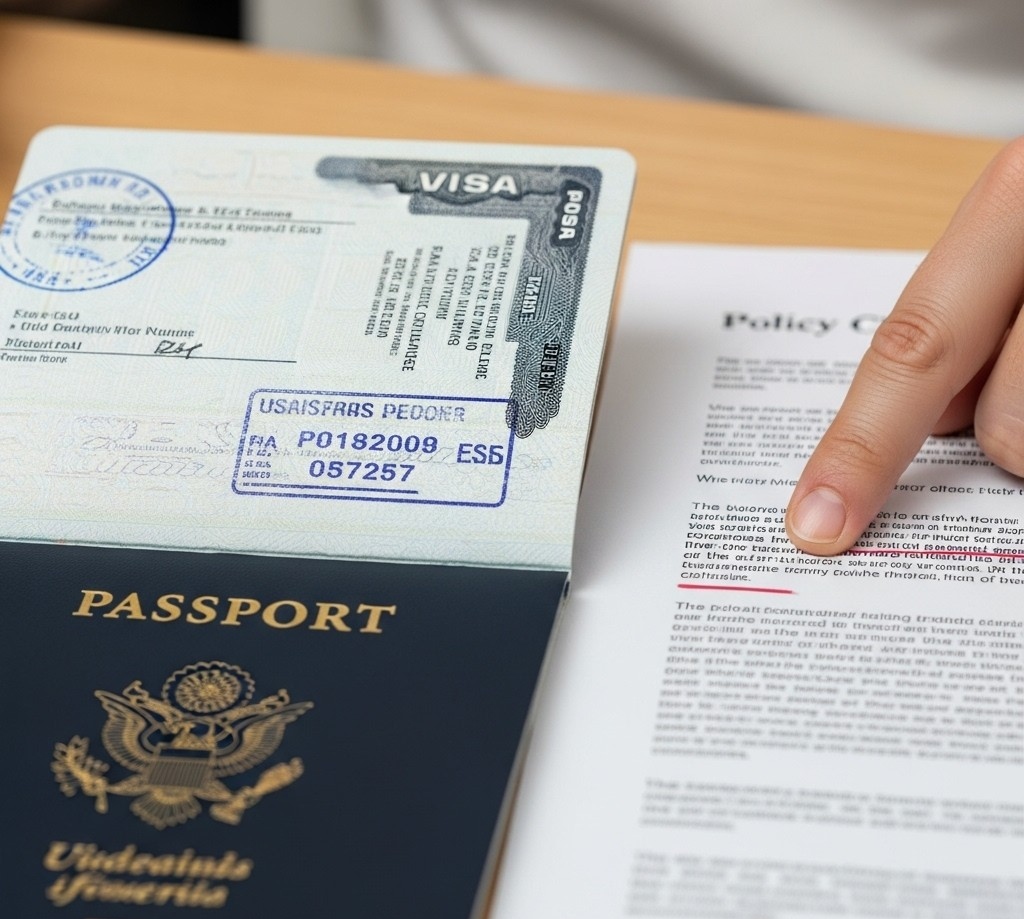
Who Is Affected by This Policy?
This is a key question, and it’s important to be precise. The policy targets “foreign nationals who are responsible for censorship of protected expression in the United States.” The official announcement clarifies that this can include:
- Foreign government officials who issue or threaten legal action against American citizens for their online speech.
- Individuals complicit in censorship activities, such as demanding that U.S.-based tech platforms remove content or adopt policies that violate American free speech principles.
- Close family members of the targeted individuals may also be subject to these restrictions, as is common in U.S. visa policy.
It is critical to note that this policy is distinct from other recent visa-related proclamations, such as the nationality-based travel bans that took effect in June 2025 for specific countries KPMG International alert on nationality-based travel bans). While both are visa restrictions, they operate under different legal authorities and target different groups of people.
Navigating the New Visa Landscape with Confidence
For the vast majority of visa applicants—students, tourists, and professionals—this policy will have no direct impact. However, for those in government, policy, or technology roles, it’s wise to be aware. Here are some actionable steps to ensure a smooth and successful visa application process:
Step 1: Stay Informed and Consult Official Sources
The most reliable information will always come directly from the U.S. government. Do not rely on rumors or third-party interpretations. The U.S. Department of State website and the websites of individual U.S. embassies and consulates are your best resources. They provide up-to-the-minute details on policy changes and application requirements. Regularly checking these sources is the best way to stay ahead of any new developments.
Step 2: Be Prepared for Your Interview
If you are applying for a visa, regardless of this new policy, you should always be prepared for your interview. With the recent rollback of many interview waivers for nonimmigrant visas, the in-person interview is becoming a near-universal requirement for all applicants .Times of India article on visa interview policy changes.
This means being ready to:
- Clearly articulate the purpose of your travel.
- Provide a comprehensive overview of your professional and personal ties to your home country.
- Present all required documentation in an organized manner.
Step 3: Understand the Nuances of Digital Communication
While the new policy is aimed at high-level foreign officials, it’s a good reminder for everyone to be mindful of their digital footprint. As an expert who has seen how thoroughly consular officers vet applicants, I can tell you that a thorough review of an applicant’s social media and online presence is a standard part of the process. While this is not new, the heightened focus on “censorship” means that certain professional roles might be subject to more scrutiny.
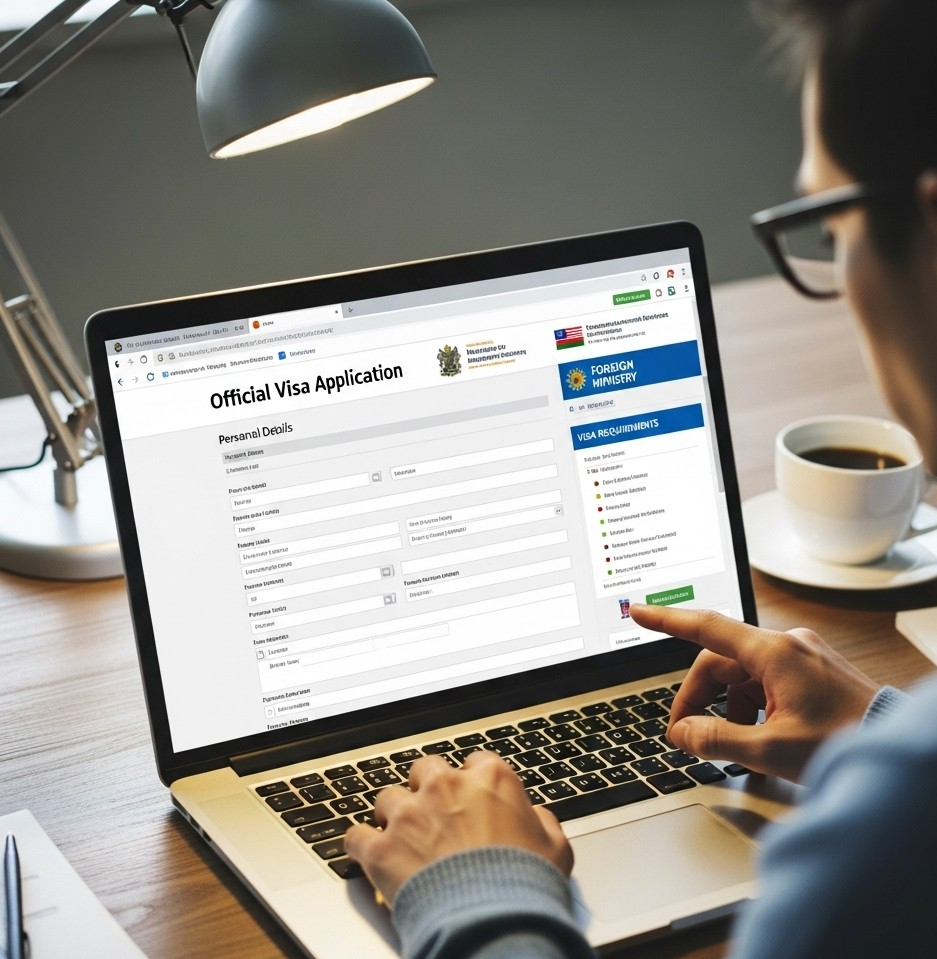
A Positive Outlook on a Complex Topic
While new policies can sometimes feel daunting, it’s important to remember the goal is not to complicate the process for legitimate travelers. Rather, these changes are part of a broader effort to ensure national security and uphold a consistent foreign policy. For the vast majority of applicants, a focus on transparency, preparation, and using official resources will lead to a successful outcome. My advice to anyone feeling overwhelmed is to break the process down into manageable steps, starting with gathering accurate information and preparing your documents meticulously.
10 New USA Universities Without IELTS for Spring 2026 Admissions
$250 Fee on United States Non-Immigrant Visas: What It Means for You
FAQs
Q1: Will these visa restrictions affect my student or tourist visa application?
A: This new policy is highly specific and targeted at foreign government officials and others complicit in censoring Americans. It is not expected to affect general student, tourist, or professional visa applicants unless they fall into this very specific category.
Q2: Where can I find the most up-to-date information on this policy?
A: The most reliable and current information can be found on the official U.S. Department of State website or the website of the U.S. Embassy or Consulate in your country.
Q3: Do these restrictions apply to social media companies or private citizens?
A: The policy specifically targets foreign nationals and officials who are responsible for censorship, not private companies or citizens, unless they are acting on behalf of a foreign government in a censorial capacity.
Q4: What if I have a valid visa already?
A: The proclamation does not order the revocation of existing visas, but it is always wise to consult with an immigration attorney before making international travel plans, as policies can change.

